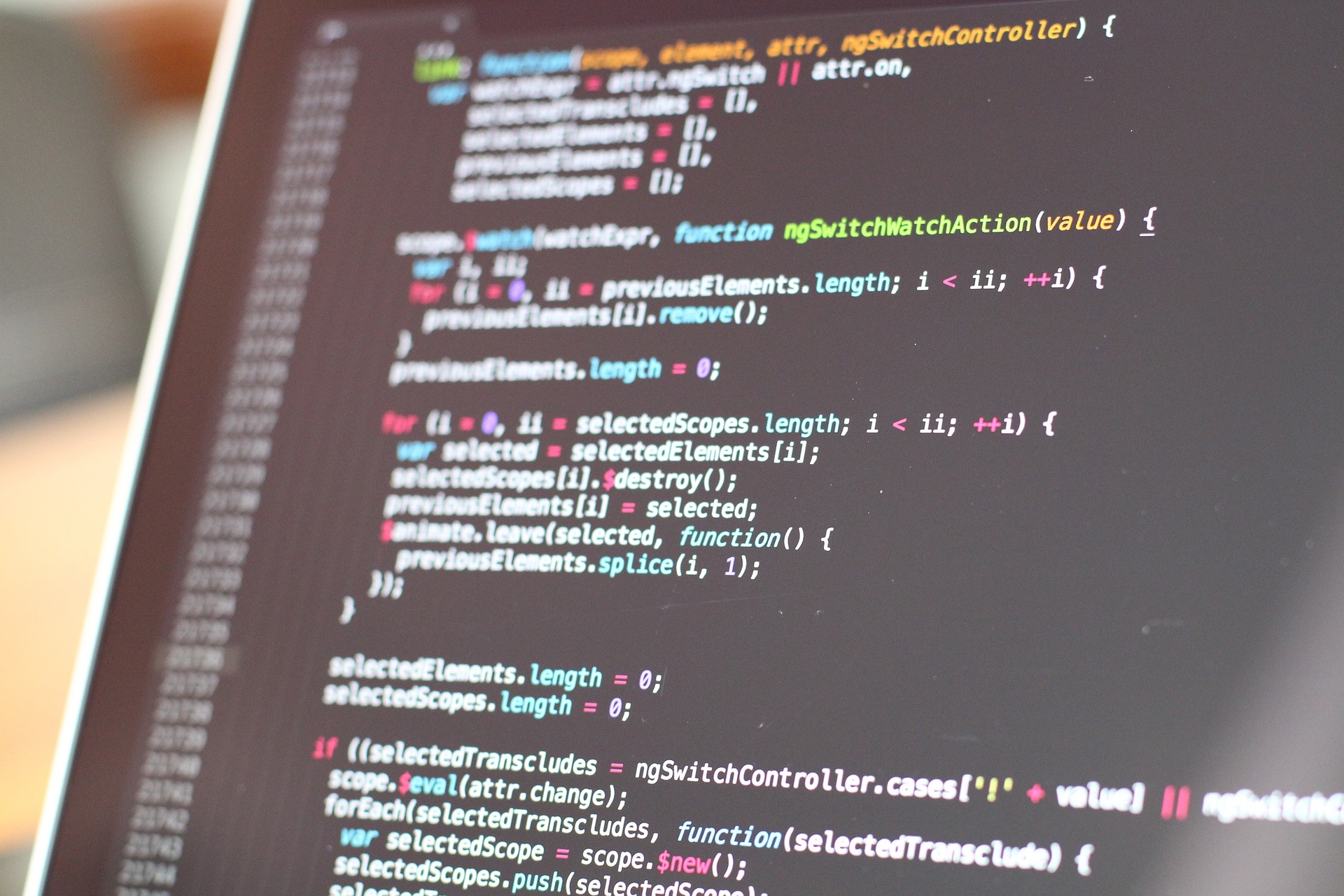Introduction
The Python Pyknow current version informational guide offers developers a comprehensive look at this powerful knowledge-based engine. Whether you’re automating decisions, building expert systems, or simplifying rule-based logic, Python Pyknow’s current version provides unmatched utility. In this blog, we’ll delve into its features, updates, and practical applications.
What is Python Pyknow?
Pyknow is a knowledge-based engine written in Python. It allows developers to create systems that can reason through rules and facts. By defining rules and facts, Pyknow helps in making logical decisions, akin to how human experts solve problems.
Key Features of Pyknow:
- Rule-Based Reasoning: Pyknow enables you to create rules that trigger specific actions.
- Fact Management: Store, retrieve, and update facts efficiently.
- Lightweight: Simple and easy to integrate into Python projects.
- Open Source: Completely free and supported by a growing community of developers.
What’s New in the Current Version of Python Pyknow?
The current version of Python Pyknow introduces critical updates: Here are the key updates:
- Improved Rule Matching:
- Faster and more efficient rule-matching algorithms.
- Reduced processing time for complex systems with numerous rules.
- Enhanced Fact Handling:
- New methods for managing facts dynamically.
- Support for more complex data types.
- Bug Fixes and Stability:
- Resolved known issues from previous versions.
- Improved stability for production environments.
- Compatibility:
- Full compatibility with Python 3.x.
- Better integration with modern Python libraries.
Benefits of Using Python Pyknow Current Version Informational Guide
Why consider the current version of Python Pyknow?
1. Ease of Use:
Pyknow is designed to be beginner-friendly while offering robust features for advanced users. The syntax is intuitive, making it easy to define rules and facts.
2. Flexibility:
Whether you’re building a small automation script or a large-scale expert system, Pyknow adapts to your needs.
3. Time-Saving:
Rule-based systems reduce the need for extensive coding. You can focus on logic rather than repetitive programming tasks.
4. Cost-Effective:
As an open-source tool, Pyknow saves you the expense of purchasing proprietary software.
Getting Started with Python Pyknow Current Version
Installation:
To install Pyknow, run the following command in your Python environment:
pip install pyknow
Example: Creating a Simple Rule-Based System
Here’s a basic example to help you get started:
from pyknow import *
class LightControl(KnowledgeEngine):
@Rule(Fact(time='night'))
def turn_on_light(self):
print("Turning on the light")
@Rule(Fact(time='day'))
def turn_off_light(self):
print("Turning off the light")
engine = LightControl()
engine.reset()
engine.declare(Fact(time='night'))
engine.run()
This script showcases how the current version of Python Pyknow helps automate logical decisions.
Real-World Applications of Python Pyknow
The current version of Python Pyknow is applicable across various fields:
- Expert Systems:
- Medical diagnosis tools.
- Customer support chatbots.
- Automation:
- Home automation systems.
- Industrial process control.
- Artificial Intelligence:
- Enhancing decision-making in AI projects.
- Creating intelligent agents.
Best Practices for Using Python Pyknow
- Keep Rules Simple:
- Avoid overly complex rules that are hard to debug and maintain.
- Use Modular Design:
- Separate rules into modules for better organization.
- Test Thoroughly:
- Test each rule and fact to ensure accuracy.
- Stay Updated:
- Regularly check for updates to the Pyknow library.
Conclusion
The Python Pyknow current version informational guide highlights its advanced features, updates, and practical use cases. By using the latest version, developers can streamline processes, automate decisions, and build smarter systems.
Start exploring the potential of the Python Pyknow current version informational guide and see how it can elevate your projects.
FAQ
1. Is Pyknow suitable for beginners?
Yes, Pyknow is beginner-friendly and comes with excellent documentation and community support.
2. What Python versions are supported?
Pyknow is compatible with Python 3.x.
3. Can Pyknow handle complex systems?
Yes, Pyknow is capable of managing complex rule-based systems effectively.
4. Is Pyknow free?
Yes, Pyknow is open-source and free to use.
Start leveraging the power of Python Pyknow in your projects today!






